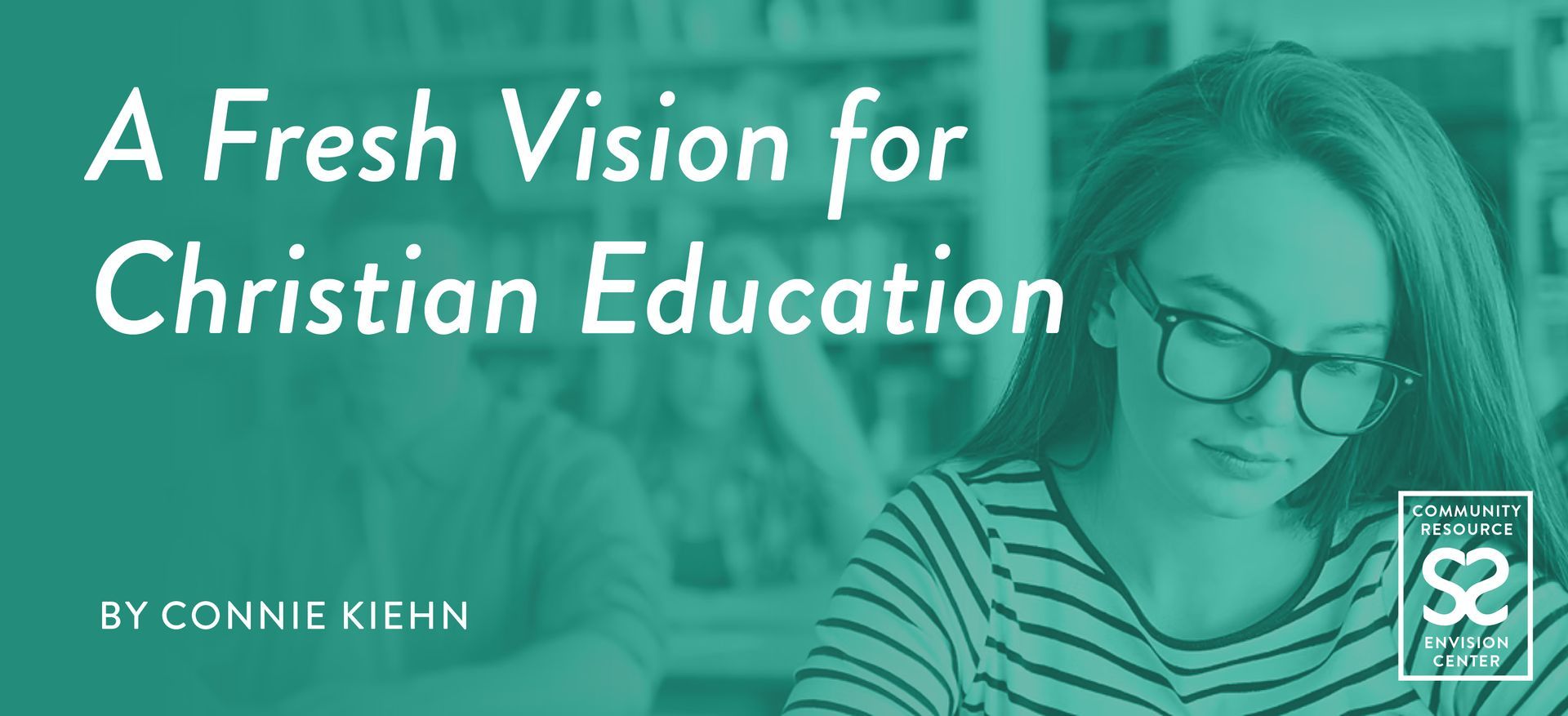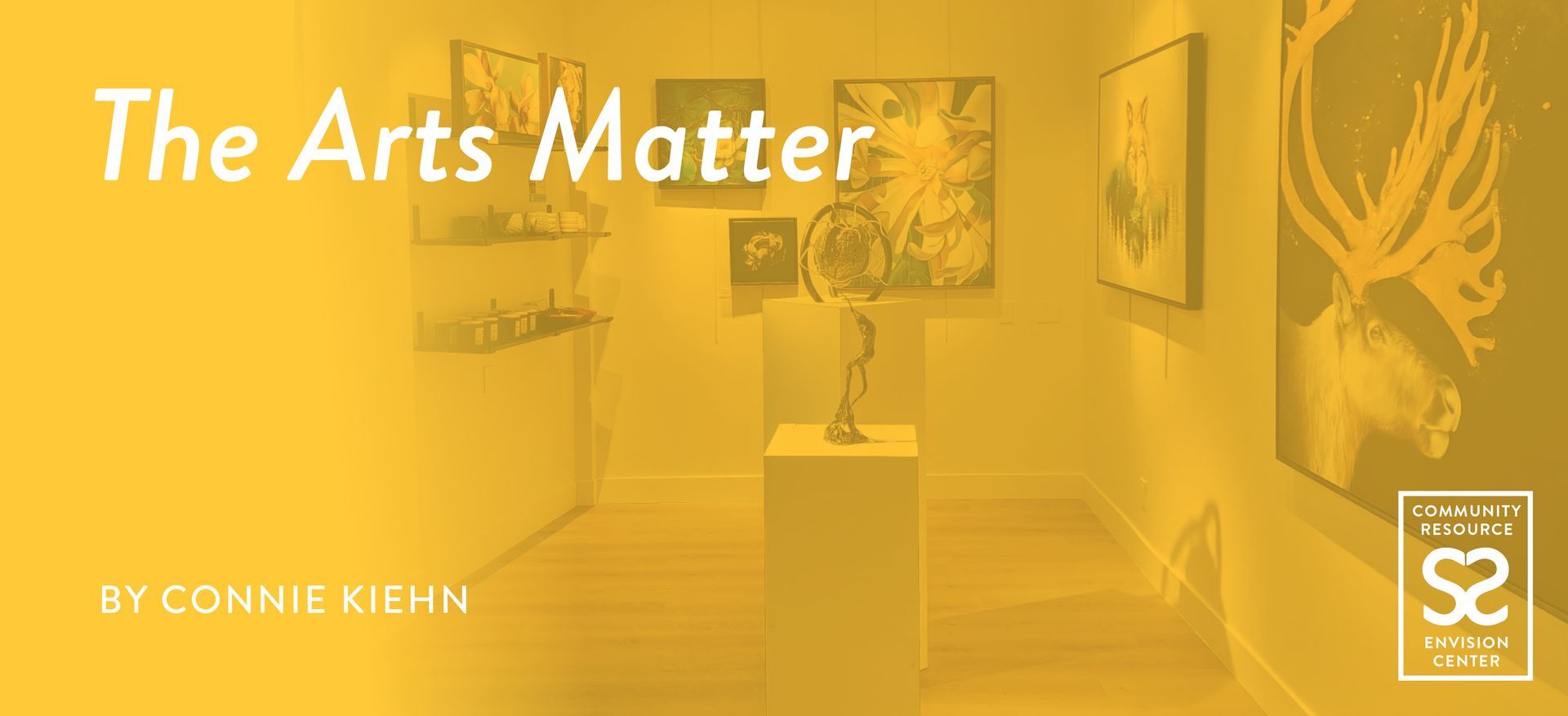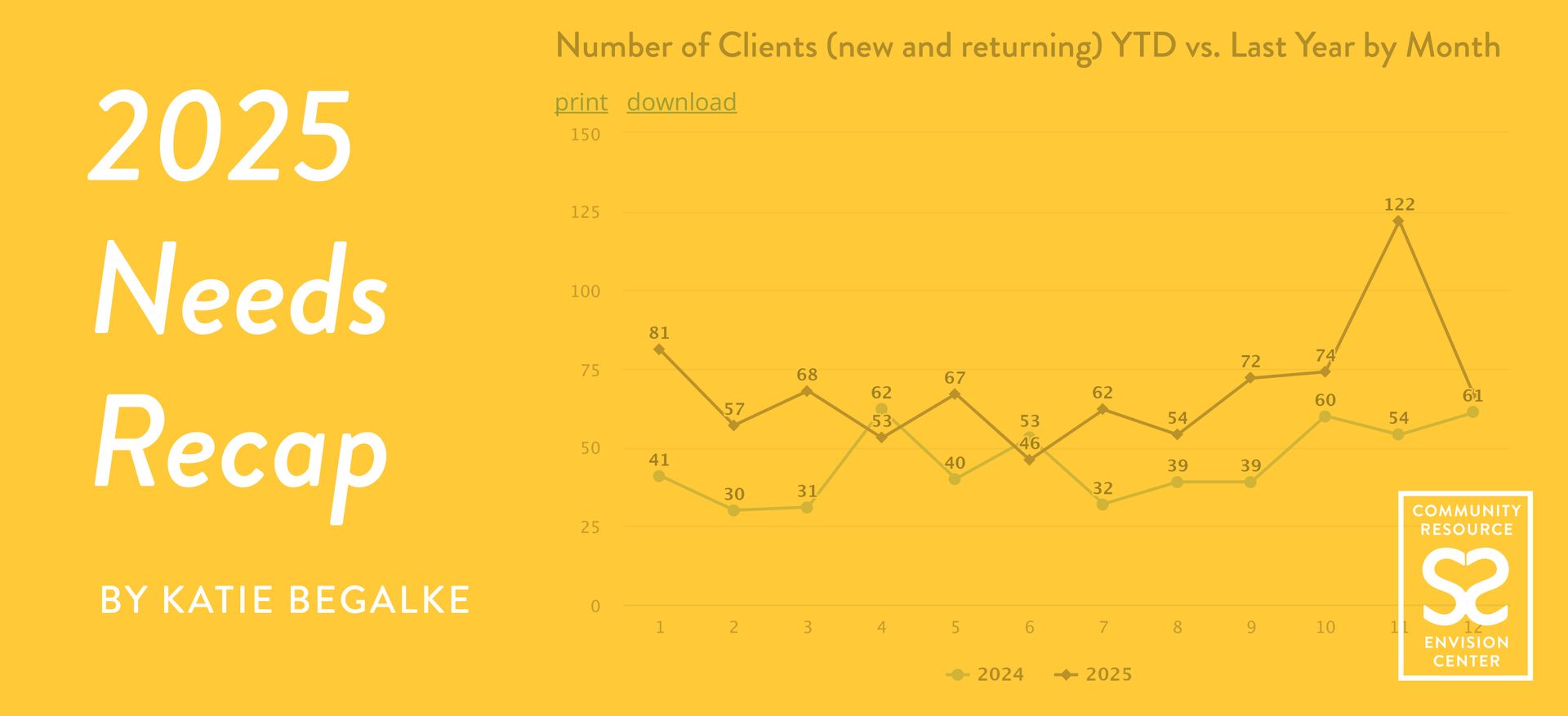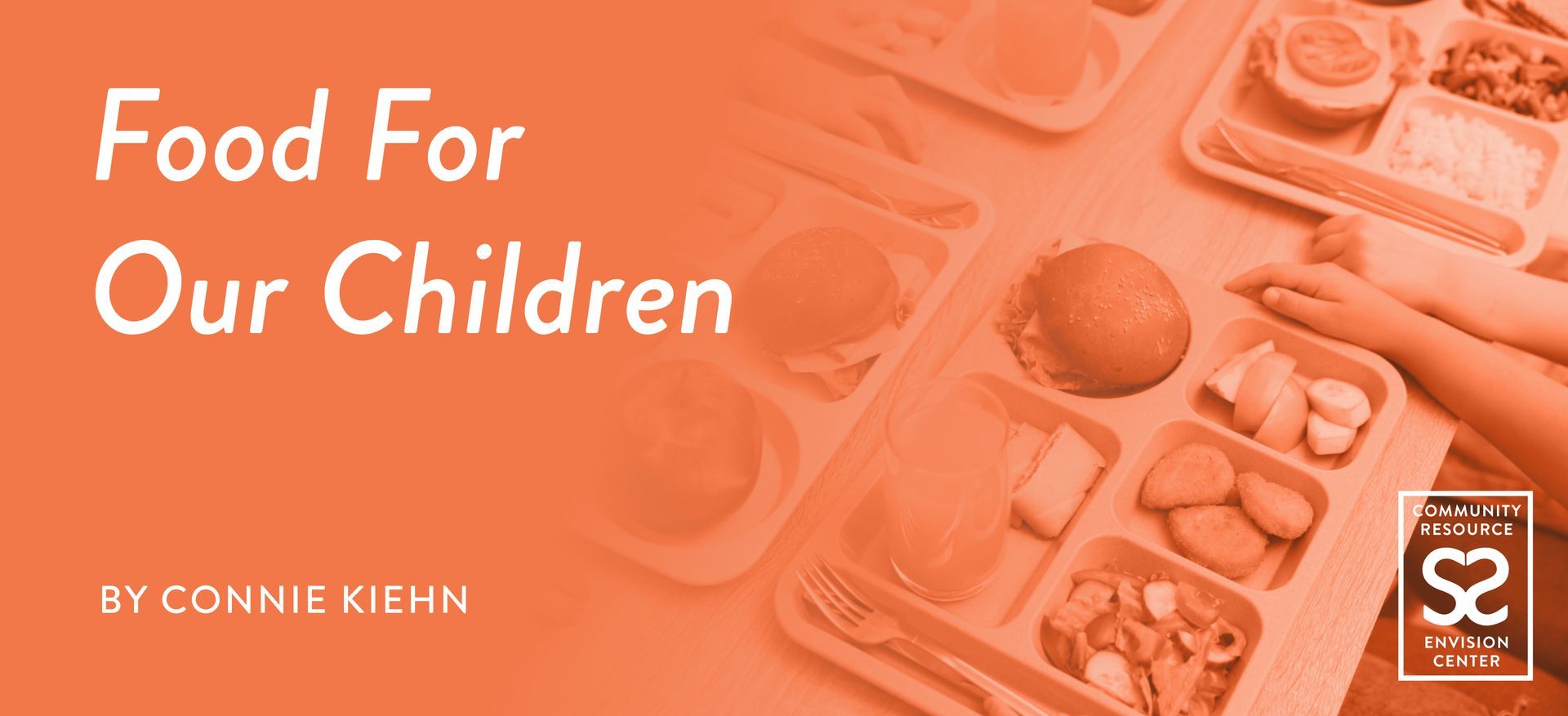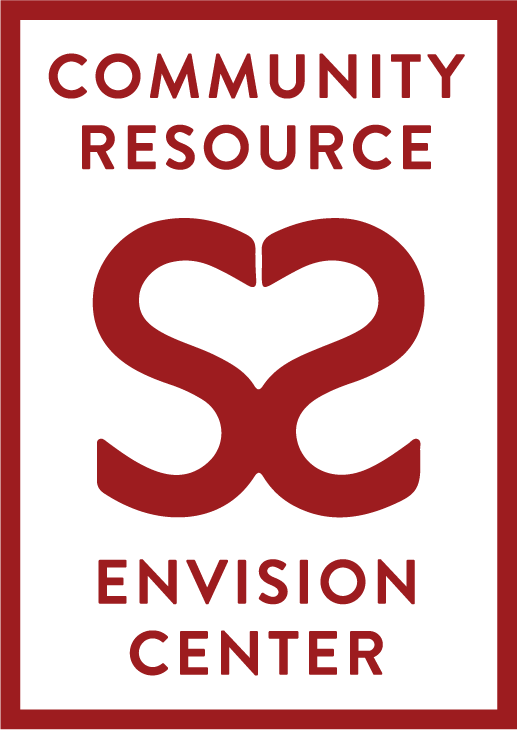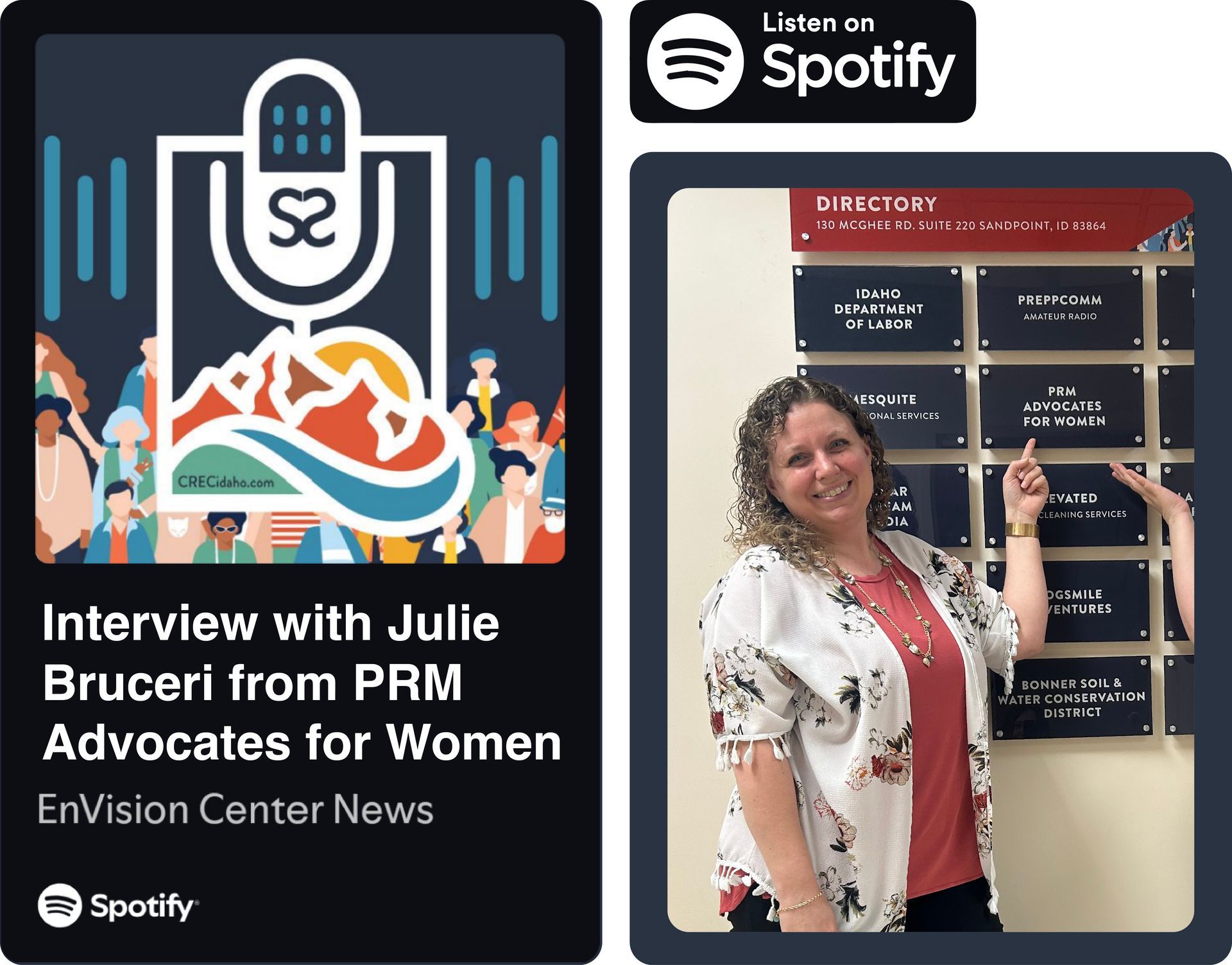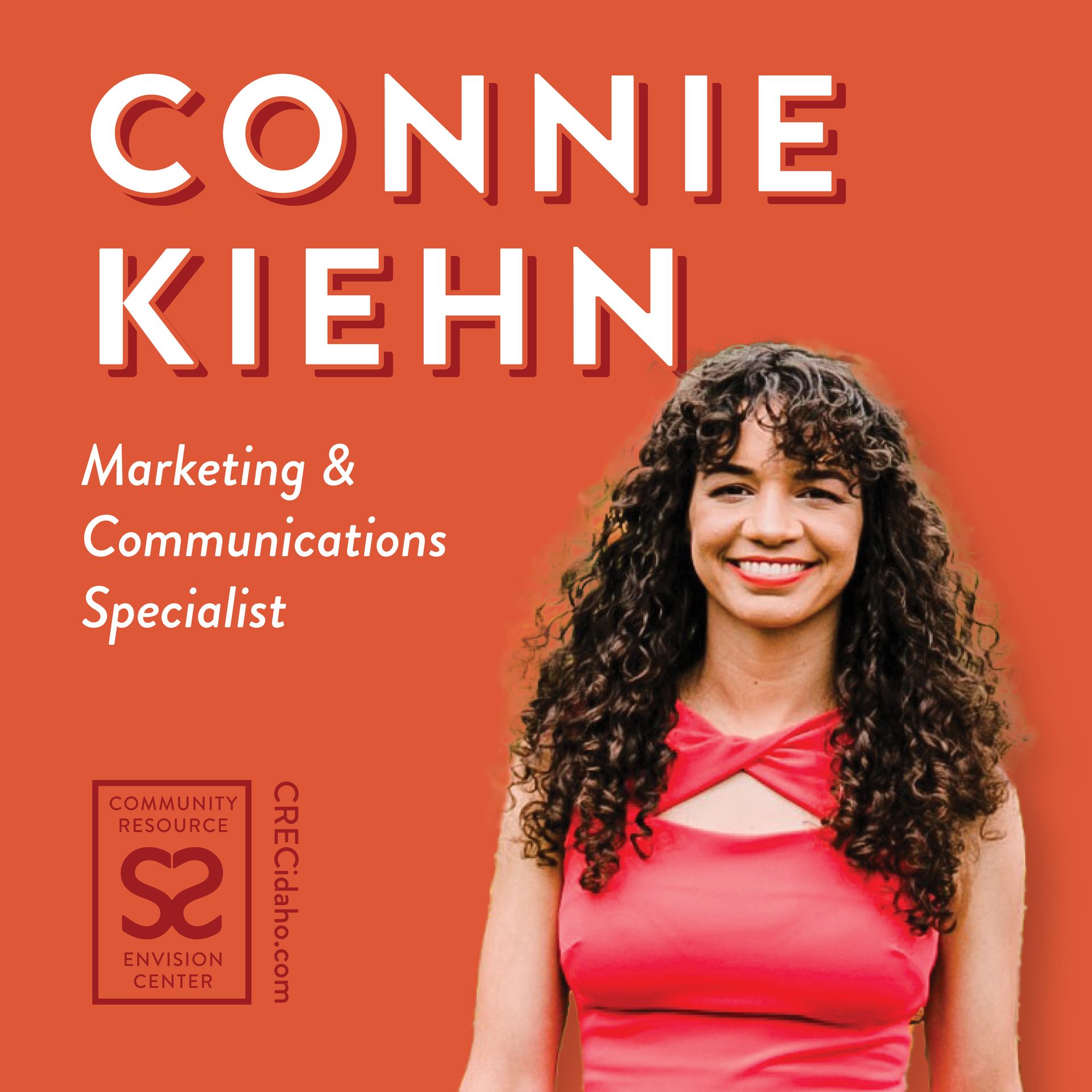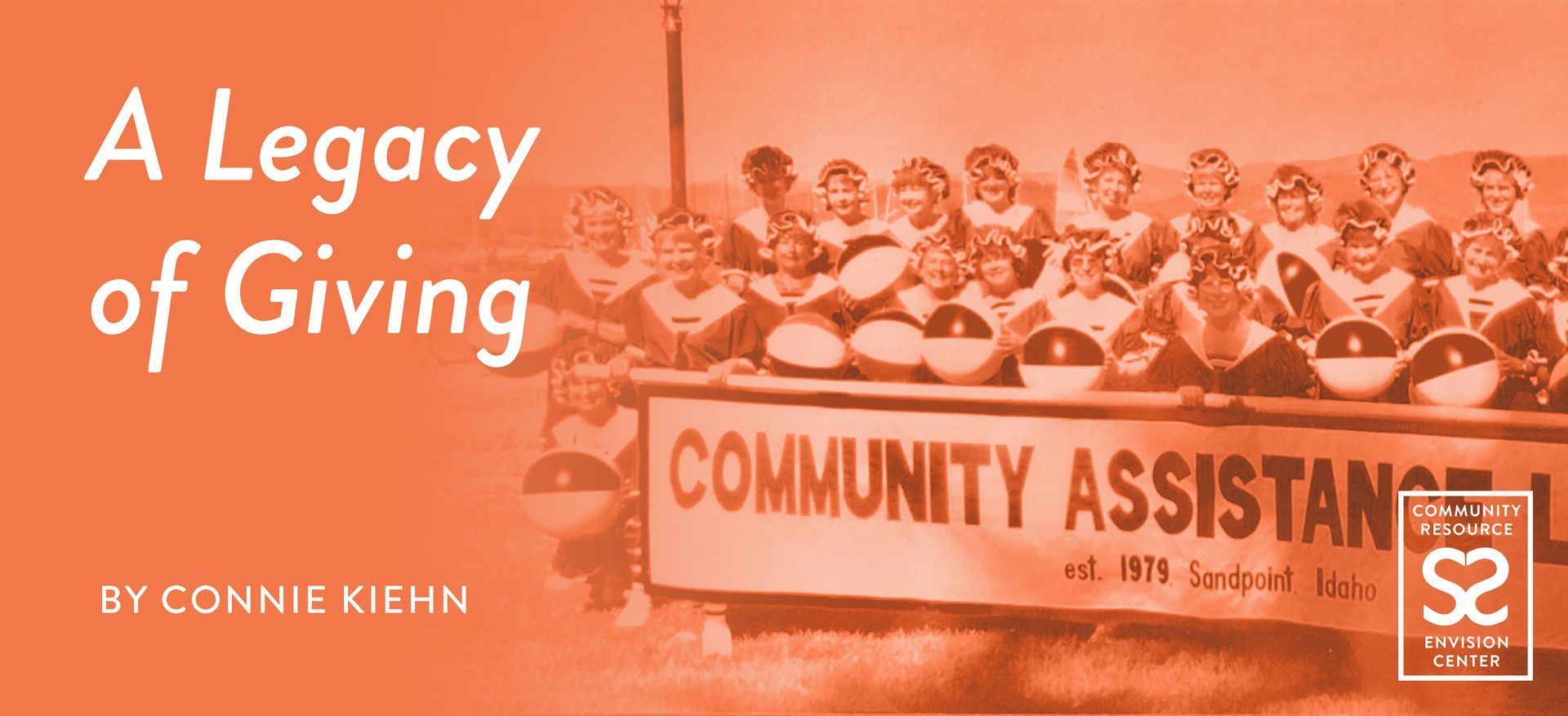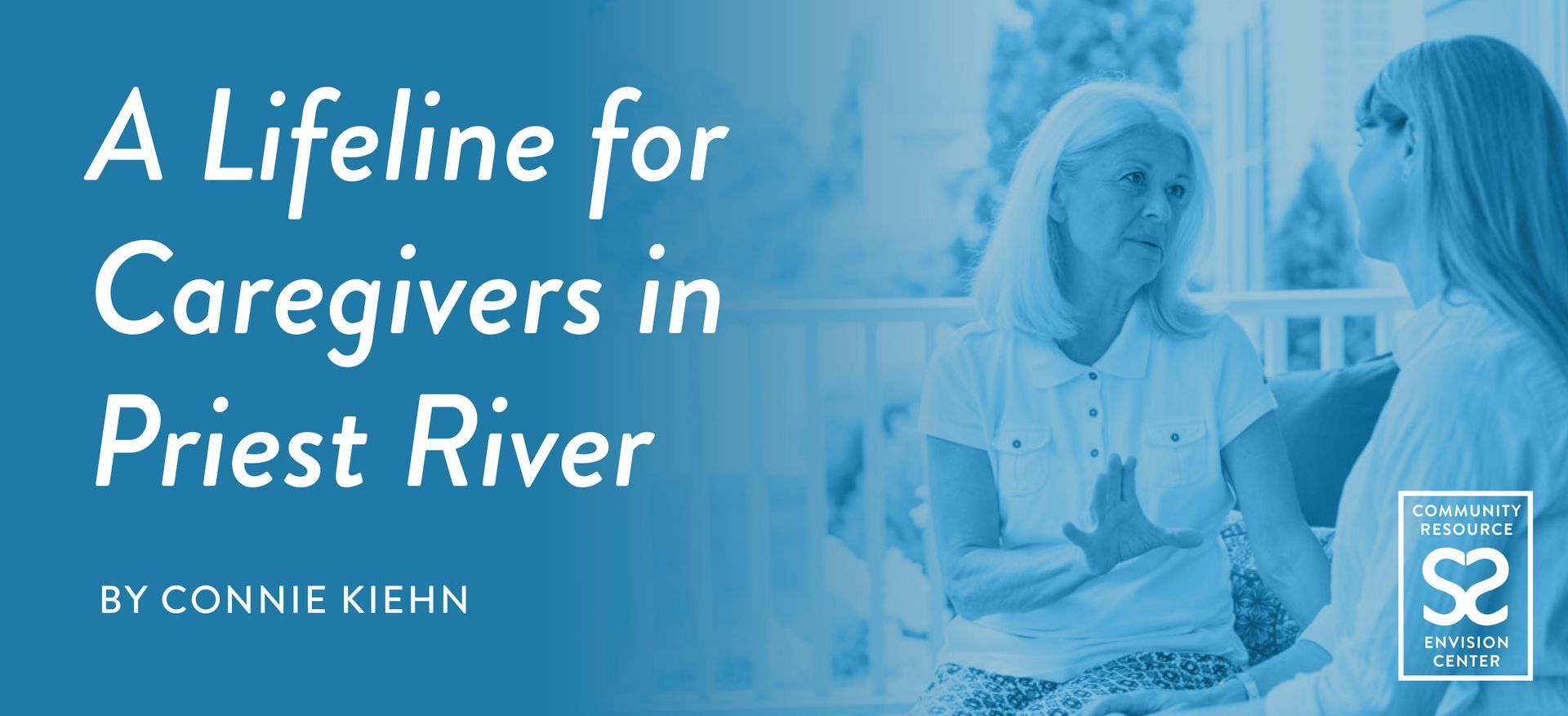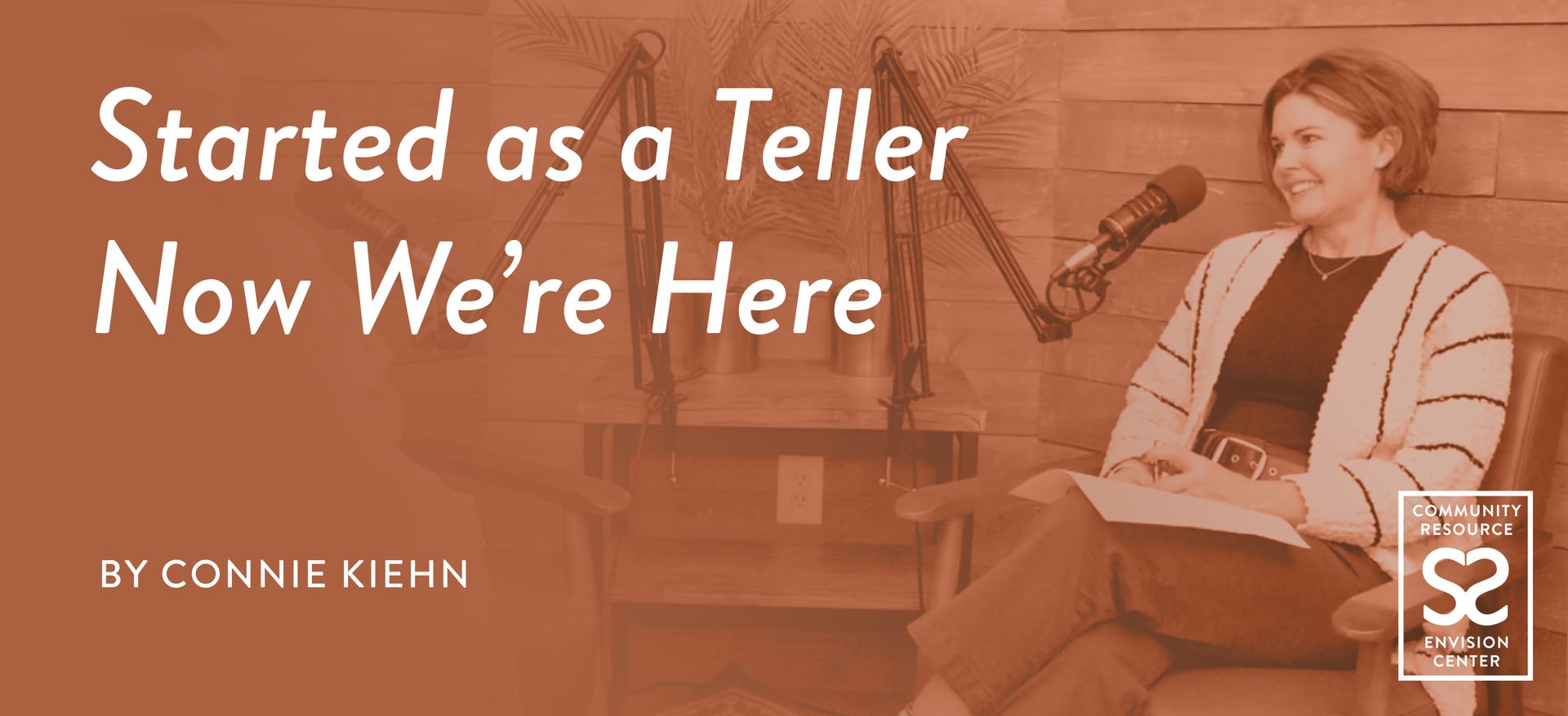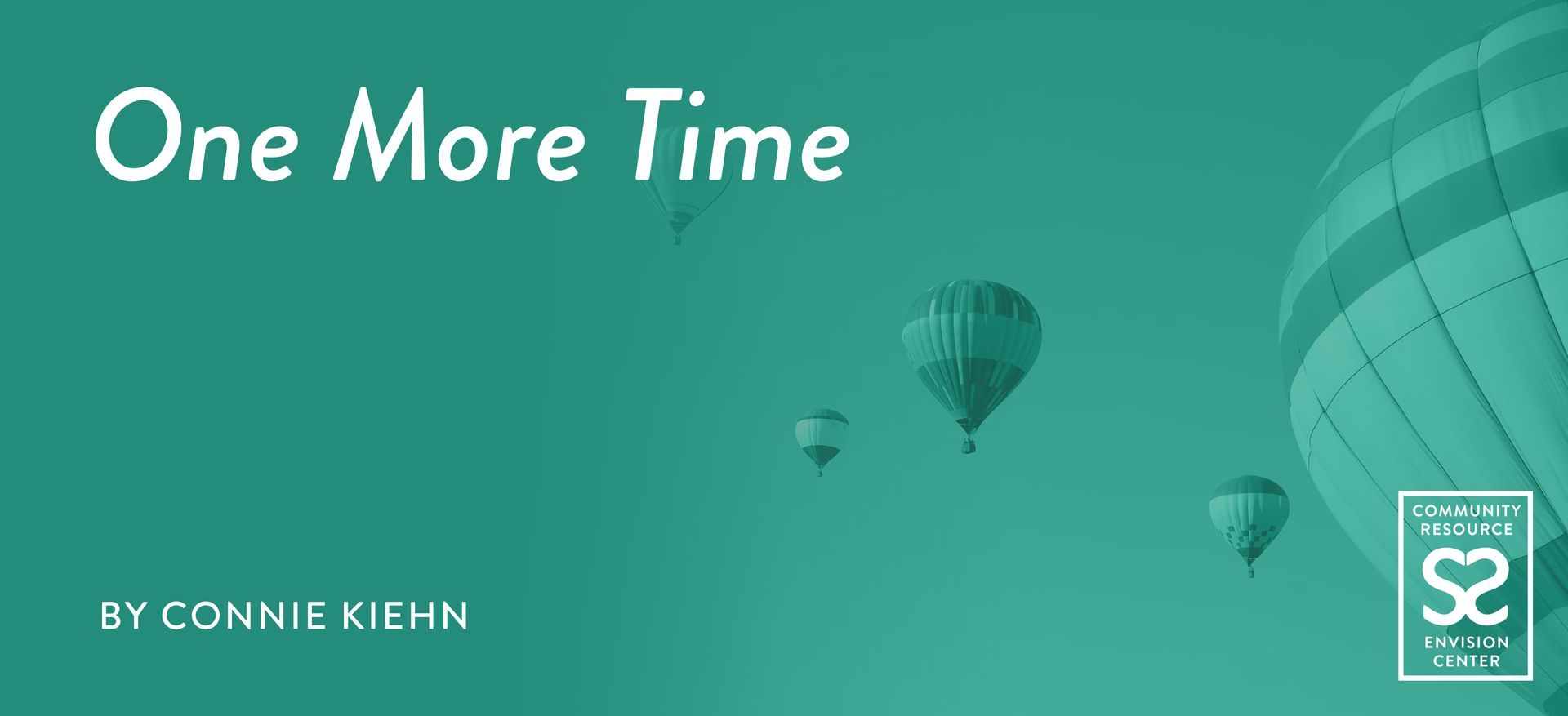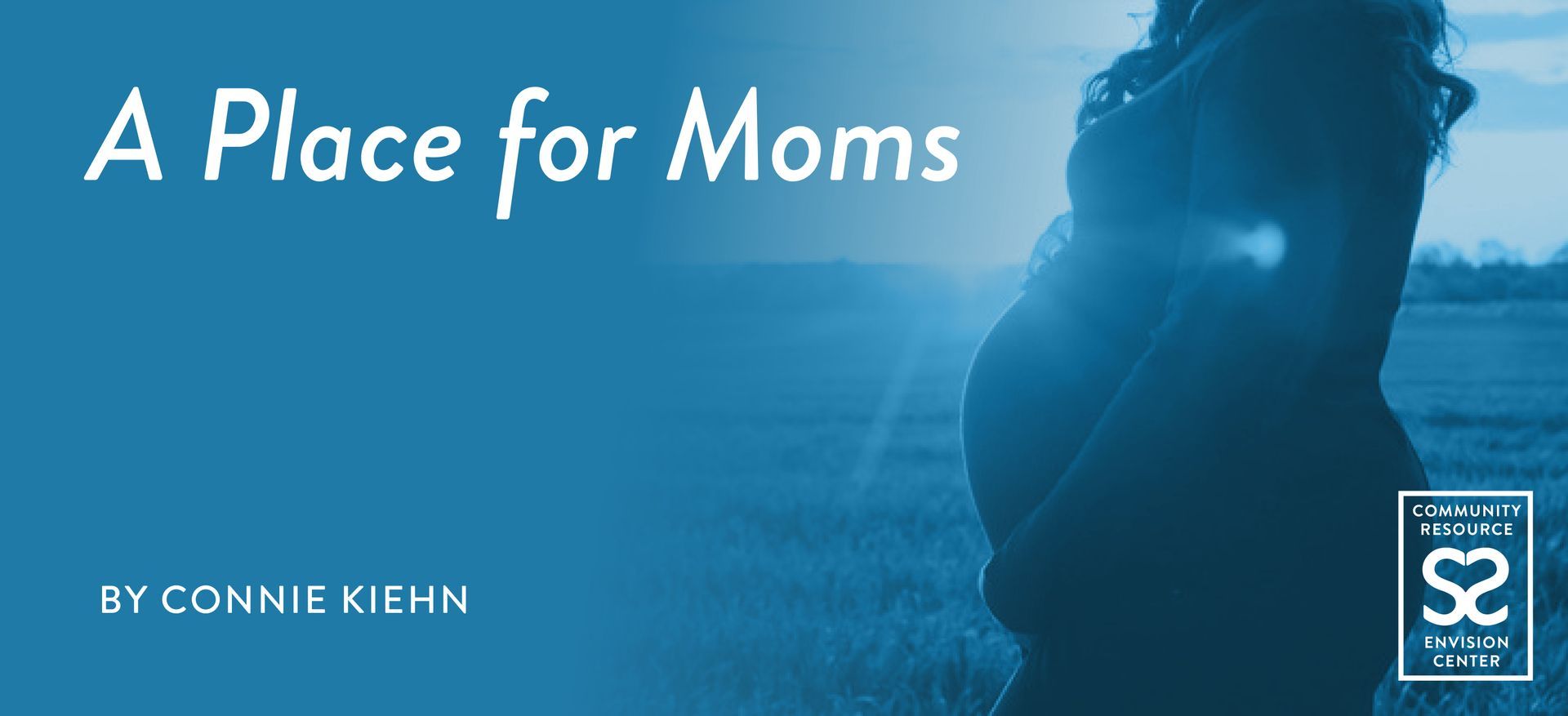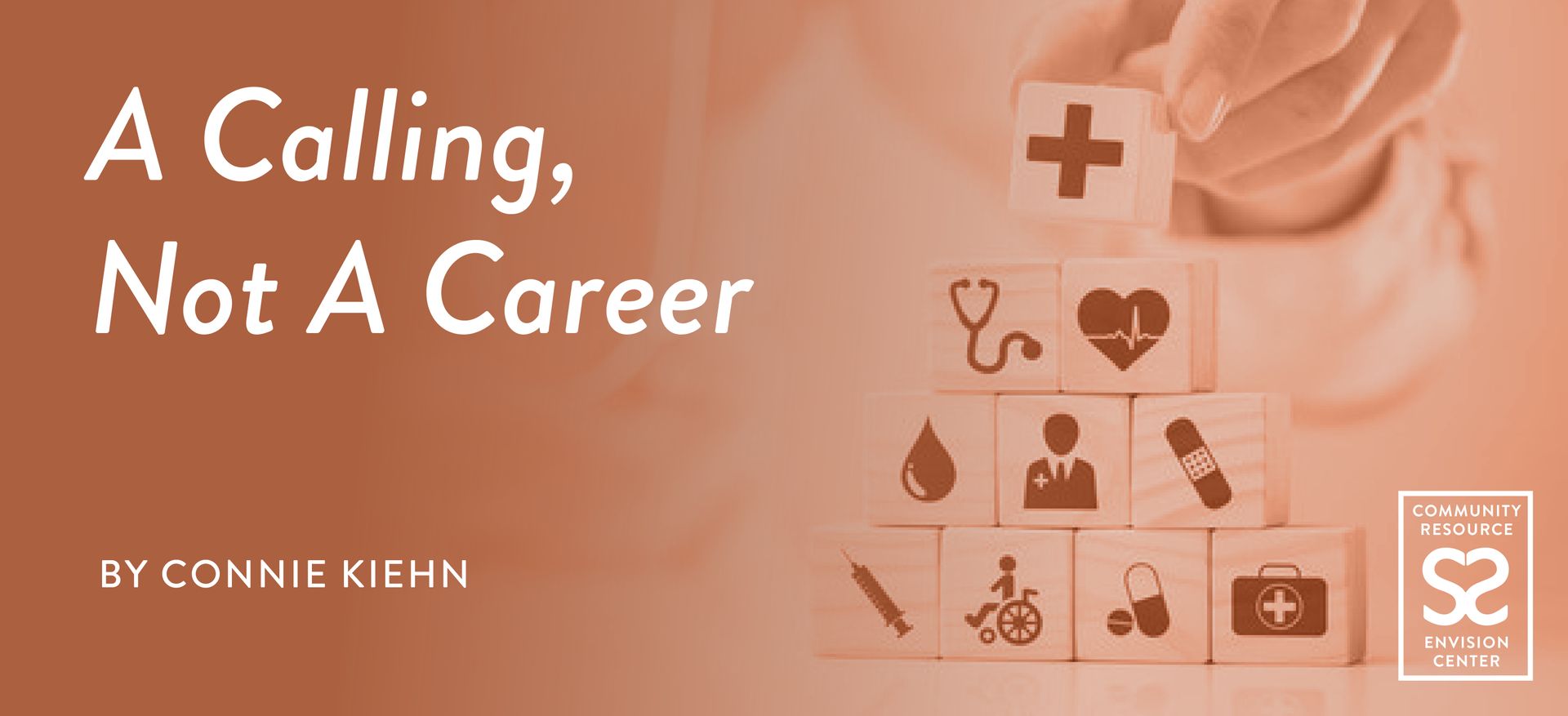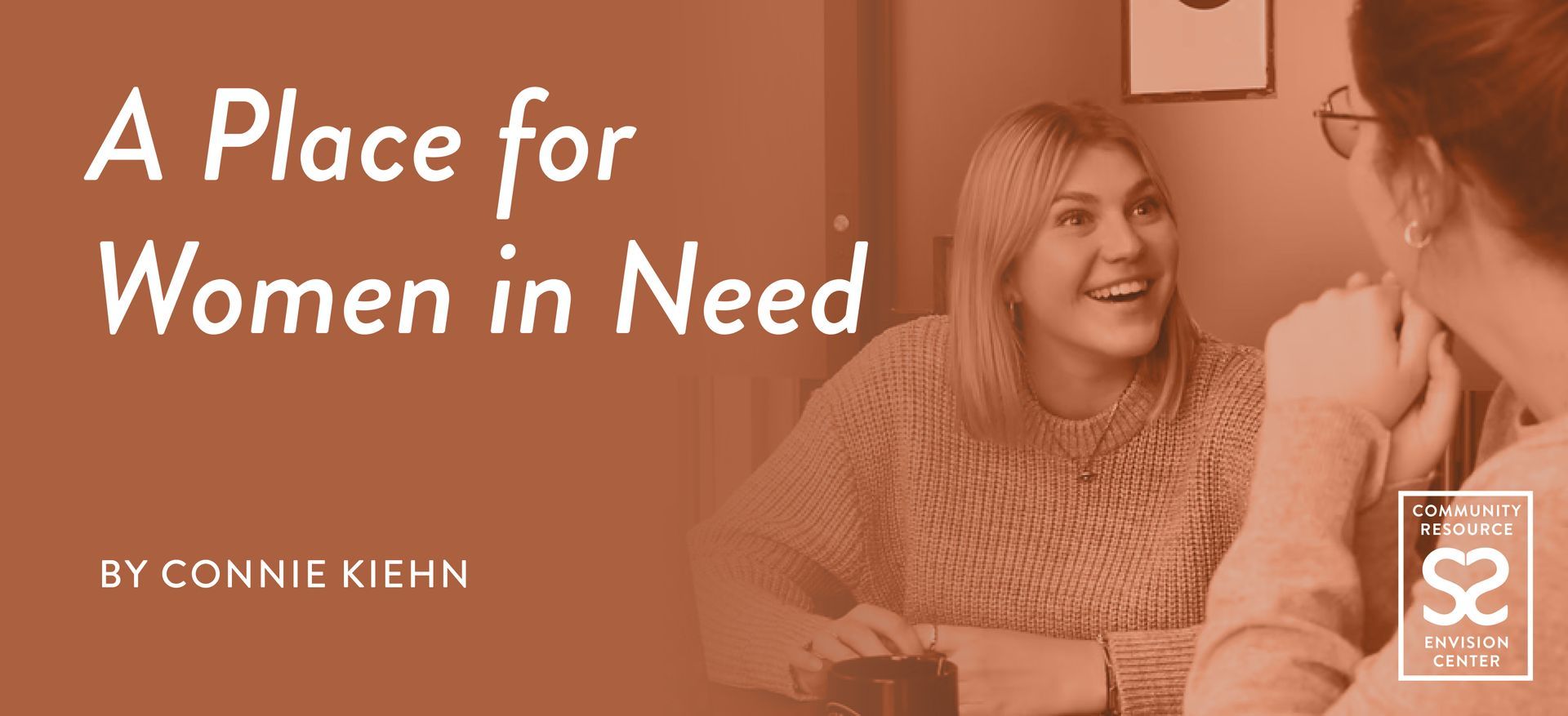
When Julie Bruceri first walked into Priest River Ministries Advocates for Women, she wasn’t applying for a job—she just wanted to volunteer. But the then-executive director immediately saw something in her, and by the end of her visit, Julie essentially had a job.
“I just had to check with my husband,” she laughs. “It had been years since I’d worked full-time.”
Julie’s background was in water resources—not exactly the path most people associate with crisis intervention or nonprofit work. But her heart had always been in advocacy. Over the years, she volunteered to help homeless women and those affected by trafficking. So when she and her husband moved to Priest River during the pandemic, her desire to serve followed her across state lines. Now, Julie leads the organization as its executive director, helping hundreds of women and families in crisis each year.
Not Just Priest River
At its core, Priest River Ministries Advocates for Women supports women experiencing domestic violence, sexual assault, trafficking, or other trauma-related crises. And while it’s named for the town where it began, its impact reaches far beyond.
“We’ve had women come in from Clark Fork, Kootenai County, even from other states,” Julie says. “We serve everyone who needs help, not just people in Priest River.”
Their emergency shelters are fully owned and operated by the organization. They provide safe, private housing for women and families in urgent need. There’s a special space for moms with kids, and advocates work hard to ensure children feel safe and supported, too.
“We’re really sensitive to how shelter environments can impact kids. So we do everything we can to make the space feel private, calm, and accommodating,” Julie explains.
Advocates not Enforcers
Julie and her team are trained to be advocates, not enforcers. That means they support women regardless of their choices, even when those choices are difficult to watch.
“You can’t just say, ‘Don’t go back.’ It’s not our job to direct someone’s life; it’s to give them information, space, and support to make informed decisions.”
Advocates assist with everything from civil protection orders, custody paperwork, and job referrals to simply being a safe, nonjudgmental person to talk to. Their approach emphasizes trauma-informed care, helping women move from survival mode into a place of clarity and safety.
Recently, the team moved their Sandpoint office into the Community Resource Envision Center, joining a growing hub of nonprofits all working under one roof. The move has already improved collaboration, increased confidentiality, and strengthened cross-referral pathways.
“Now when someone pulls up, nobody knows exactly why they’re there. It’s helped protect privacy even more,” says Julie.
Expanding Resources and Reach
But that’s just the beginning. Julie is now leading the charge to develop a resource center in Priest River, one modeled after the Envision Center. They’ve already secured the building and are strategizing and recruiting organizations to fill it—organizations that serve the broader community. Think crisis pregnancy centers, WIC services, legal resources, and more.
“A lot of people in our community can’t afford to drive to Sandpoint regularly. We want to bring resources to them, instead of asking them to travel for help,” says Julie.
The project is slated to open in 2026 and is actively seeking aligned partners.
If the name Priest River Ministries made you think they only serve that one small town, you’re not alone. That’s why the organization is preparing for a name change, dropping the geographic tie to better reflect its regional mission. In Sandpoint alone, they tracked 24 intakes last month, and that’s with staff on site fewer than five days a week. Across all locations, they field over 100 service calls every month, not counting the walk-ins and follow-ups that often go untracked.
“It might surprise people, especially in Sandpoint, where there’s a perception of affluence,” Julie says. “But domestic violence, trauma, and abuse don’t discriminate based on income or zip code.”
Like many grassroots nonprofits, the team wears many hats, sometimes quite literally.
“I’d love for my advocates to focus on advocacy work, but some days we’re out there weed-whacking or painting trim,” Julie laughs.
That’s why they’re putting out a call for skilled volunteers, especially in trades like painting, light repair, and grounds maintenance.
Here are their top needs right now: gently used kids’ clothing (especially toddler sizes), paralegal or legal assistance (even limited pro bono work helps), skilled volunteers to help with small building projects, and financial donations to support the shelter and expansion projects. They also welcome conversations with nonprofits or service providers who share their vision and who might want to join the Priest River resource hub in 2026.
The organization may have started as a small weekly support group for women impacted by domestic violence and sexual assault in Priest River, but its vision has grown. If you or someone you know needs help, or if you're looking to get involved, visit the team at the Envision Center in Sandpoint or reach out online. Your time, resources, or support could help change the course of someone’s life.
